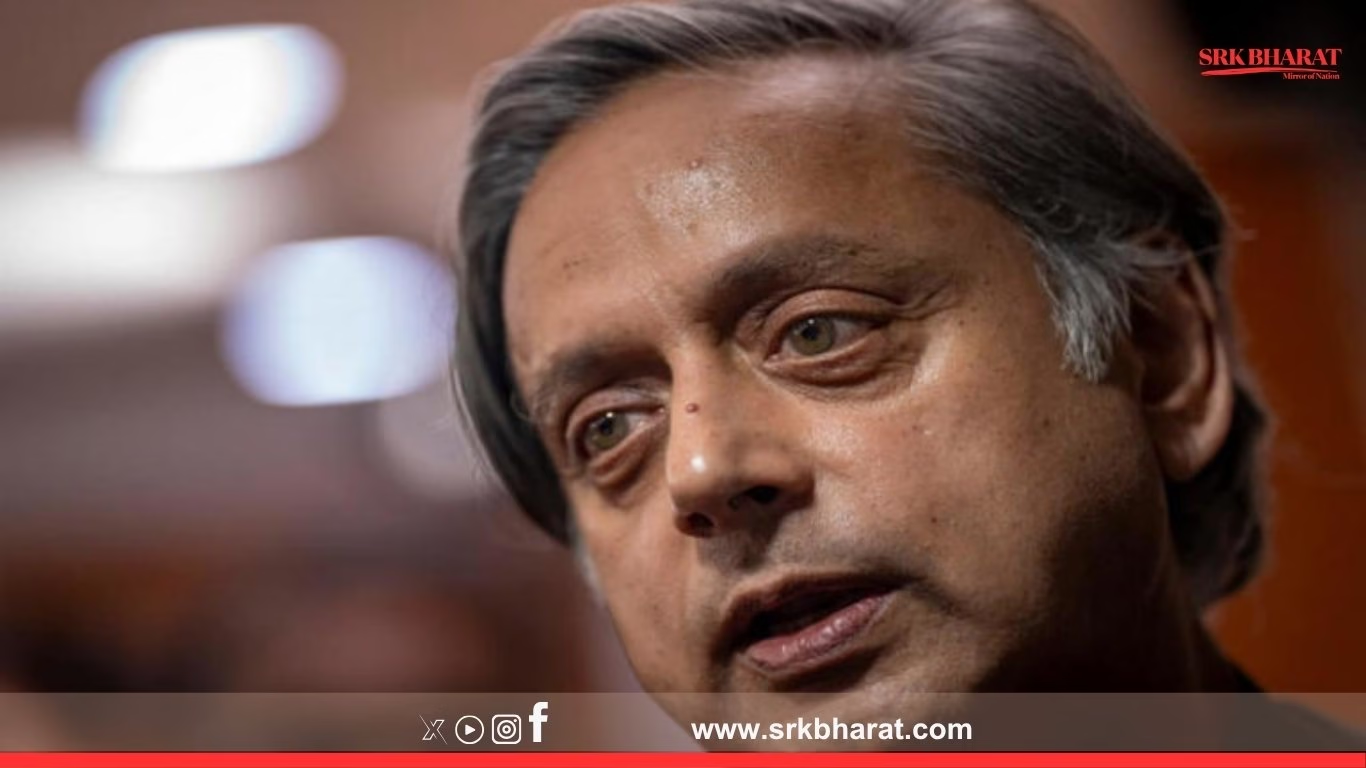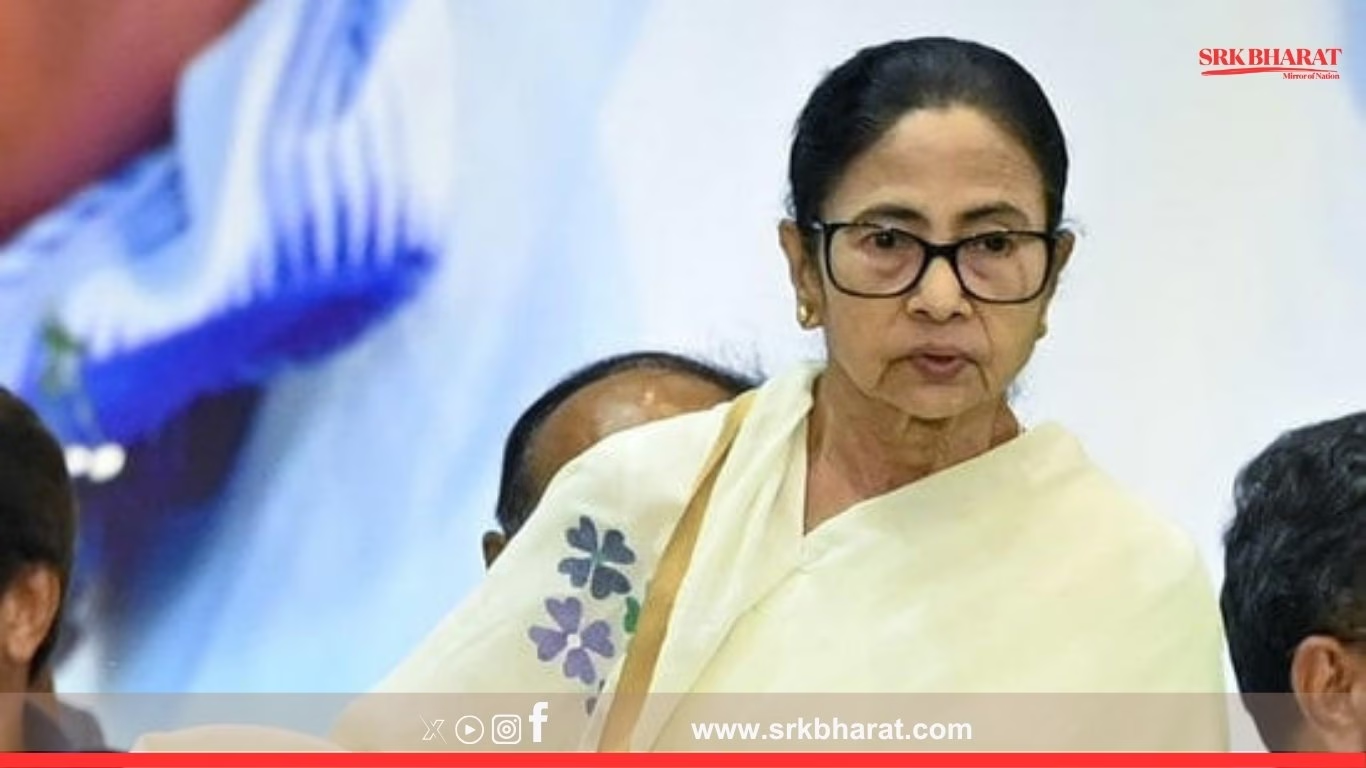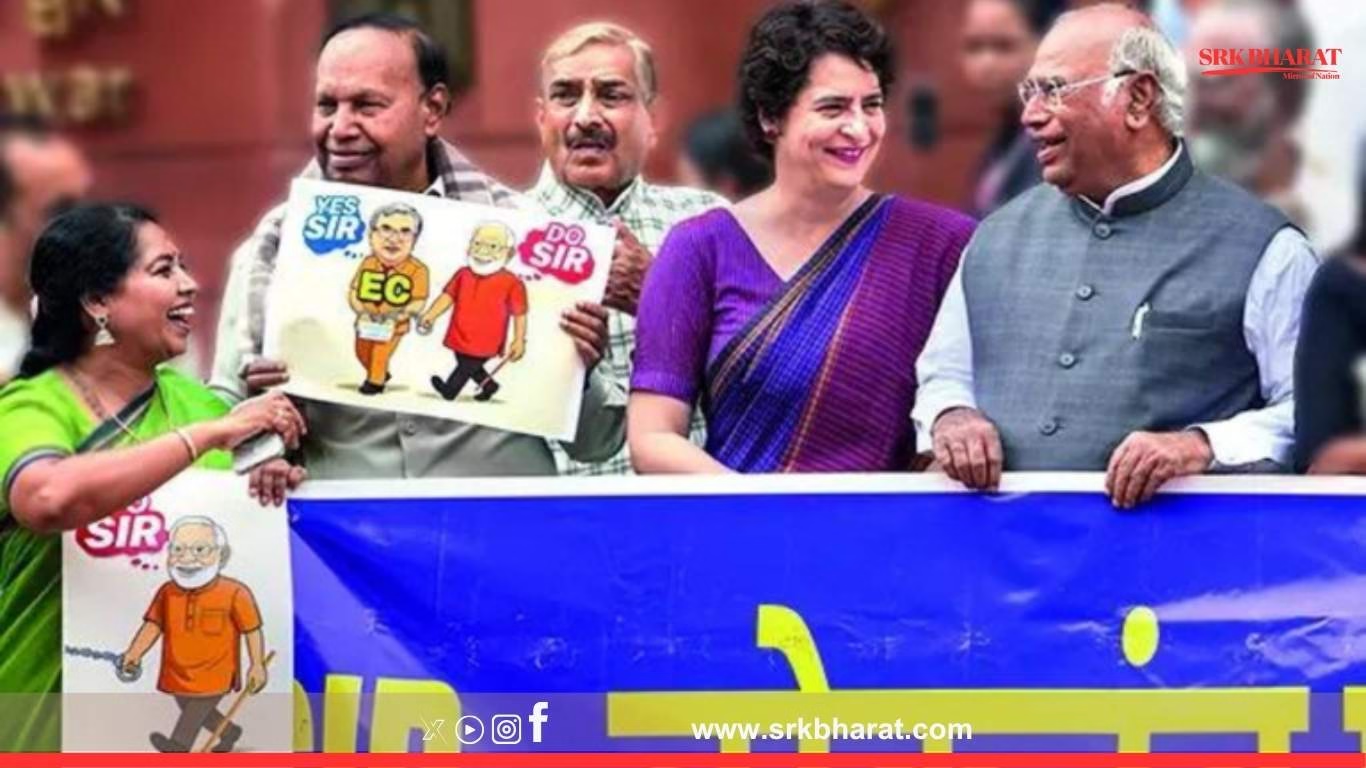In a deeply emotional and significant courtroom moment, the Madras High Court has directed immediate removal of images of a woman advocate that were allegedly circulated online without her consent. The hearing saw powerful observations from Justice N. Anand Venkatesh, who, while delivering the order, asked, “What if she had been my daughter?”, reflecting the moral and ethical dimensions surrounding women’s dignity in digital spaces.
The background of the case
The petitioner, a practising advocate in Chennai, approached the Madras High Court seeking urgent intervention against the unauthorised circulation of her personal images across social media platforms and messaging apps. Her counsel argued that the unauthorised use of images violated her privacy, dignity, and professional reputation, creating severe mental distress.
Courtroom proceedings
Justice Venkatesh, known for his sensitive observations on women’s issues, heard the plea in detail and questioned:
“If we allow such violations, what protection will any woman have in our society? Would we remain silent if it was our daughter, sister, or wife?”
During the hearing, the petitioner broke down while explaining the impact of such circulation on her family and her career as a young lawyer. The courtroom was reportedly silent as Justice Venkatesh paused before pronouncing the interim order.
Court directives issued
| Order components | Details |
|---|---|
| Immediate removal | The court ordered social media platforms including Facebook, Instagram, and X (Twitter) to delete the concerned images within 48 hours. |
| Future restraint | Respondents were restrained from uploading, forwarding, or circulating the images in any form hereafter. |
| Police action | Chennai Cyber Crime Cell was directed to identify those responsible for first uploading and disseminating the images. |
| Right to dignity | The court reaffirmed that the petitioner’s right to dignity and privacy under Article 21 is absolute and cannot be violated under any pretext. |
Emotional remarks by Justice Venkatesh
In an emotionally charged observation, Justice Venkatesh said:
“My eyes tear up thinking what if she had been my daughter. The dignity of women cannot be compromised in a civilised society. Law must stand as her shield.”
Context of rising cyber crimes against women
This incident comes amid an alarming rise in cyber offences targeting women across India. The NCRB’s annual report indicates a consistent increase in:
- Morphing and misuse of personal images
- Cyberstalking and harassment
- Impersonation using fake profiles
Recent statistics on cyber crimes against women in Tamil Nadu
| Year | Registered cyber offences against women | Percentage increase from previous year |
|---|---|---|
| 2020 | 378 | — |
| 2021 | 482 | 27.5% |
| 2022 | 611 | 26.7% |
| 2023 | 703 | 15.1% |
Legal experts weigh in
Senior advocate R. Vasudevan noted:
“This order reinforces women’s absolute right to control their identity and digital presence. Courts are evolving to address new forms of technology-enabled harassment effectively.”
He urged social media platforms to implement stronger grievance redressal mechanisms and time-bound compliance with takedown orders.
Broader implications on digital ethics and law
The Madras High Court’s interim order highlights:
- The urgency of digital consent frameworks: Personal images, even if shared publicly once, cannot be used beyond intended contexts without permission.
- Strengthening intermediary accountability: Platforms must develop automated tools to block circulation of flagged content proactively.
- Law enforcement gaps: Cyber cells in most Indian states remain under-staffed and under-trained to handle complex digital evidence trails.
Petitioner’s statement after order
Speaking to media after the hearing, the woman advocate said:
“I am relieved that the court recognised my pain. My images were misused to humiliate me personally and professionally. No woman should go through this trauma.”
Her legal team plans to seek compensation for mental agony once the investigation identifies those responsible.
National Commission for Women’s comments
The NCW has welcomed the order, calling it a “timely reaffirmation of women’s digital dignity.” The commission chairperson urged other High Courts to adopt similar proactive approaches in such cases to set strong precedents against digital harassment.
Growing trend of judicial activism in women’s rights
The Madras High Court has, in recent years, delivered landmark orders on:
- Protection of interfaith couples
- Prohibition of two-finger tests in sexual assault investigations
- Guidelines for gender-neutral workplaces
Justice Venkatesh himself is known for his sensitive rulings, including his personal journey of learning and evolving understanding of LGBTQIA+ rights while hearing a same-sex couple’s petition in 2021.
Legal remedies available for victims of image misuse
| Remedy | Applicable Law |
|---|---|
| Filing FIR under IT Act | Section 66E (violation of privacy), Section 67 (obscenity), Section 67A (sexually explicit content) |
| IPC provisions | Section 354D (stalking), Section 509 (insulting modesty) |
| Blocking orders | Section 69A of IT Act via MeitY for social media takedown |
| Civil suit for damages | Compensation claims in civil courts under tortious liability |
Conclusion
The Madras High Court’s strong order in favour of the woman advocate underlines the judiciary’s evolving stance in protecting citizens from the dark side of the digital revolution. As cyber crimes against women surge, this case sets a powerful precedent on accountability, dignity, and the urgent need for comprehensive digital rights frameworks in India.
Disclaimer
This news article is based on court proceedings, official statements, and legal expert analysis. Final legal outcomes will depend on police investigation, compliance by social media platforms, and subsequent judicial review. Readers are advised to refrain from sharing unauthorised images or content without consent to avoid legal and ethical violations.











